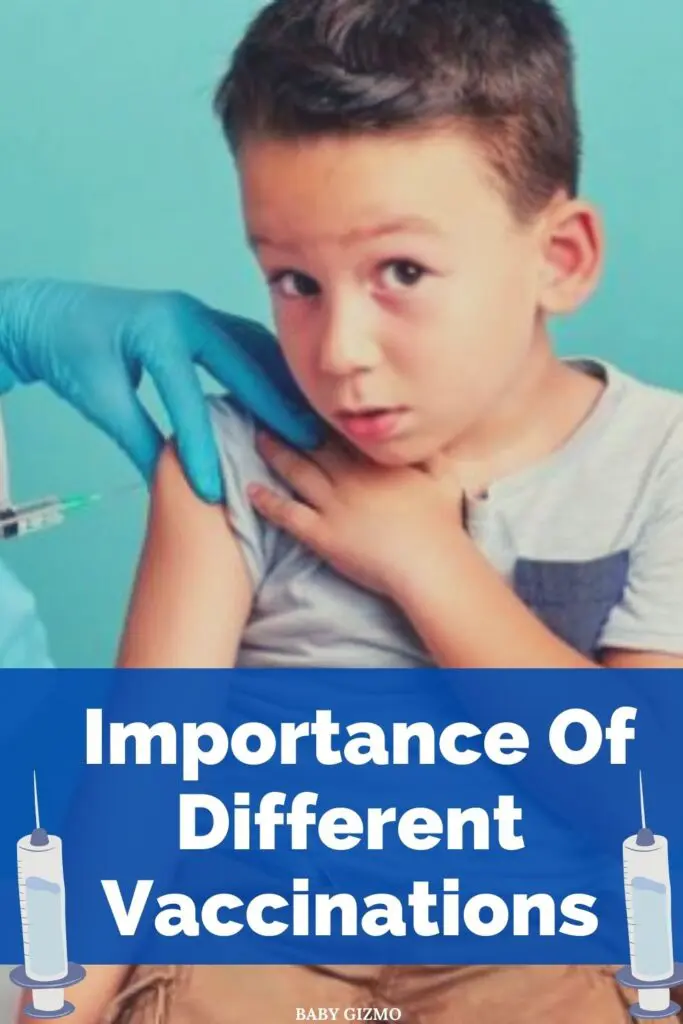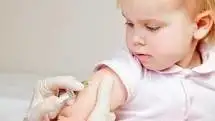You bring your child for their yearly well check up and after everything goes well, the nurse comes in telling you all the vaccines your child needs this time around. They say weird names like Hib, Rotavirus, and Diphtheria. You have no idea what those names mean, or if you do, you aren’t quite sure what each vaccine will do for your child. Today I have compiled a list of different vaccines your child will get, what they prevent, and a quick overview of each.
-Chickenpox. Otherwise known as the Varicella vaccine, this prevents chickenpox. Chickenpox is spread by the air and contact and I remember TONS of times being sent home as a child with a note telling my parents that I was exposed to the chickenpox. It’s funny to think that now the next generation won’t have to experience this!
-Diphtheria. Diphtheria symptoms range from a sore throat, mild fever, to swollen neck glands. The complications of this disease are swelling of the heart, heart failure, coma, and even death.
-Hib. Hib vaccine protects against Haemophilus influenza type b. This is spread by air and contact and can lead to meningitis, pneumonia, and even death.
-Hep A and B. These protect against Hepatitis A and B which can cause liver infection, liver failure, and liver cancer.
-Flu. The flu vaccine protects against influenza which can so easily be spread through the air or contact with an infected person.
-Measels. This vaccine protects again measles which can cause a rash, fever, cough, runny nose, and pink eye. If one catches measles they can develop brain swelling, pneumonia, or even die.
-Mumps. Mumps cause swollen salivary glands under the jaw, fever, headache, tiredness, and muscle pain. If left untreated it can cause meningitis, brain swelling, and deafness. The mumps vaccine protects against it all.
-Pertussis. Also known as the DTaP vaccine, it protects against whooping cough. It is recommended that all pregnant women get this shot, and not just that, but that EVERYONE who will be in contact with your baby receives this vaccine.
-Polio. The IPV vaccine protects against polio which can cause paralysis.
– Pneumococcal. PCV vaccine protects against Pneumococcus which can lead to a blood infection, meningitis, or even death.
-Rotavirus. The RV vaccine protects against rotavirus. The symptoms include diarrhea, fever, and vomiting and will only get worse if there are complications.
-Rubella. The MMR vaccine protects against Rubella. Rubella is very serious in pregnant women and can lead to miscarriage, stillbirth, premature delivery, and birth defects. Children who have rubella sometimes have a rash, fever, or swollen lymph nodes.
-Tetanus. The DTaP vaccine protects against tetanus which can become very serious and lead to broken bones, breathing difficulty and sometimes death.
I hope this list has helped clear up a few things for some of you. I know when I first became and mom and went to my sons first appointment that he needed shots, I was confused, didn’t know which ones he all needed, and wasn’t sure what each one protected against. It’s always good to be aware of what shots your child is getting! Be sure to keep your child’s immunization chart in a safe place and take it with you every time you go to the Doctor so it can be accurately updated.



jaime
Tuesday 16th of April 2013
Do you have advice on the eye drops babies recieve when first born? I had a friend say they are only for moms who have gonoreha and instead of checking every mom for that it is easier just to administer the drops. She also said the drops make their eyes foggy and gooey and they cant see you. Whatbhave you heard?